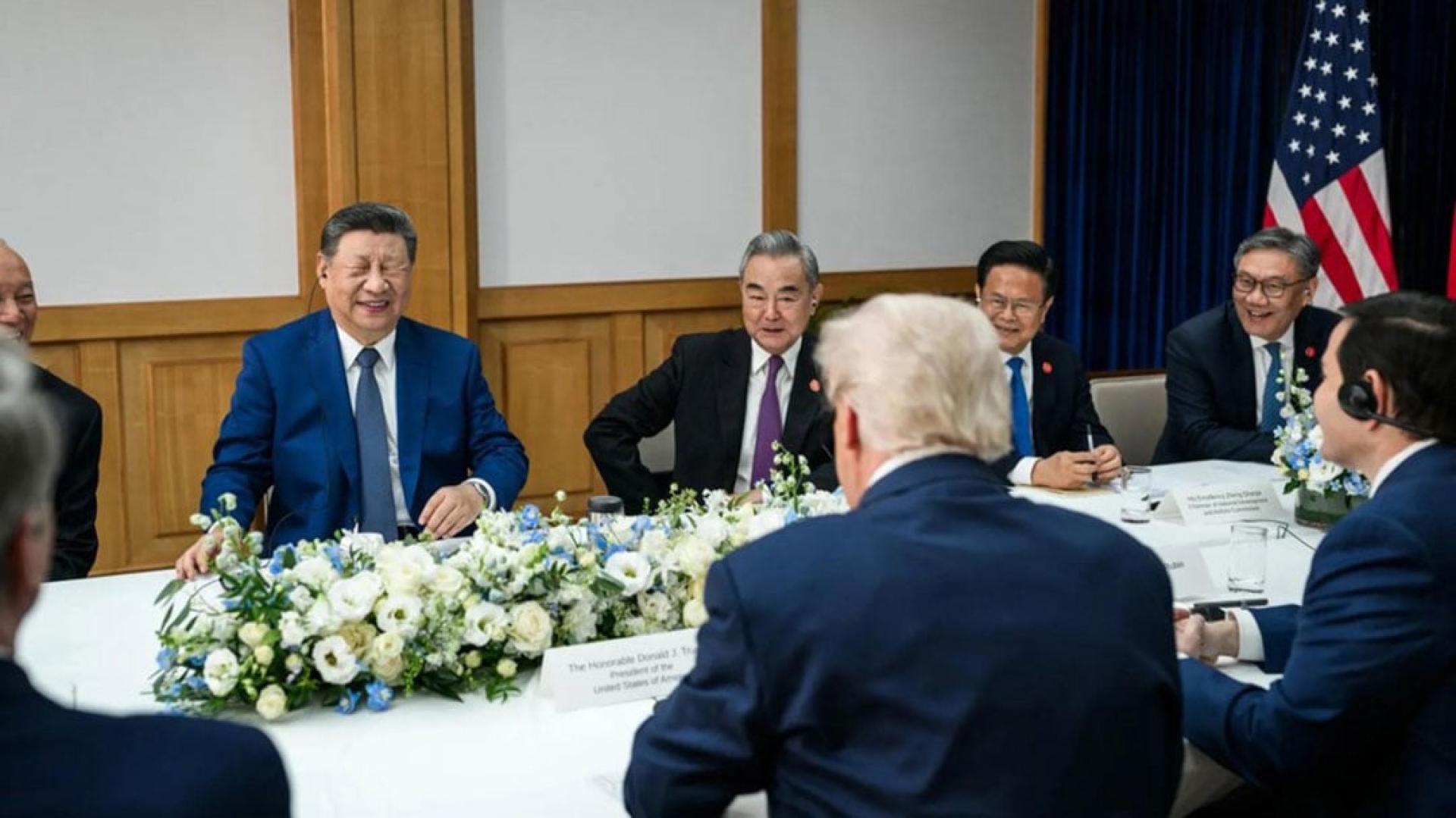Following the China-US presidential summit, the two countries have officially lowered tariffs on each other's goods. On the 5th, China announced that starting from the 10th of this month, it will continue to suspend the implementation of an additional 24% tariff on US goods for one year, but will retain a 10% tariff rate, and will also stop levy of additional tariffs on US poultry, wheat, and other agricultural products. The US, meanwhile, announced it will reduce tariffs on Chinese exports to the US, which were raised due to the fentanyl issue, from 20% to 10%. The new policy will also take effect on the 10th. US Treasury Secretary Besant hinted that the US may allow the export of high-end chips to China in the future.
After a meeting between Chinese President Xi Jinping and US President Trump in South Korea on October 30, the China-US trade war has temporarily eased. Previously, the US, citing fentanyl, announced it would further increase tariffs on all Chinese goods exported to the US by an additional 10% starting March this year, and in the same month China announced countermeasures, imposing additional tariffs on certain US-origin imports, including a 15% tariff on poultry, wheat, corn, and cotton; and a 10% tariff on sorghum, soybeans, pork, beef, aquatic products, fruits, vegetables, and dairy. In the announcement on the 5th, the Chinese side stated that the above countermeasures of additional tariffs had been suspended.
● China to Purchase 12 Million Tons of US Soybeans
It is reported that China will purchase 12 million tons of US soybeans in the remaining two months of this year. On the 4th, Li Chenggang, China's Vice Minister of Commerce and International Trade Negotiation Representative, met with the US agricultural trade delegation in Beijing, stating that the recent fluctuations in China-US agricultural trade are fundamentally due to the US's unilateral tariff measures. In fact, the two countries each have advantages in natural conditions, markets, capital, and technology, with strong complementarity and vast potential for cooperation. He expressed hope that the US would work with China to foster a favorable environment for pragmatic cooperation in agriculture and other fields. Members of the US delegation said the US agricultural sector values its partnership with China.
On the 4th, US Treasury Secretary Besant said in an interview that chips designed with NVIDIA's Blackwell architecture are the "crown jewel," but the rapid pace of technological change may cause these chips to become less advanced relatively quickly, making it possible to allow their sale to China. Industry insiders analyze that if the US substantially relaxes export controls on high-end chips, it will help alleviate tensions in the global semiconductor supply chain.
